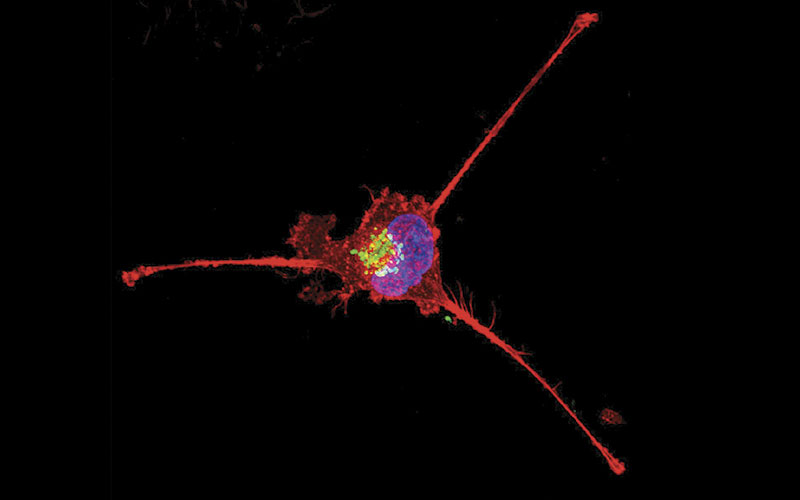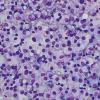Researchers have previously observed that triple-negative breast cancer (TNBC) patients with higher numbers of myeloid-derived immunosuppressor cells (MDSCs) in their bloodstream had poorer outcomes.

However, until now it wasn’t clear how MDSCs are recruited to the primary breast tumour and how they contributed to its progression and spread.
A new report fills in crucial details about the connection between MDSCs and aggressive disease.
Rumela Chakrabarti and colleagues identified a protein, deltaNp63, on tumour cells that directs MDSCs to the tumour and metastatic sites, where they promote tumour growth and metastasis.
Blocking this protein, or the MDSCs themselves, reduced tumour growth and metastasis in a mouse model of TNBC.
Chakrabarti said: “We’re excited because we think our findings could make a big difference for triple-negative breast cancer patient. Not only can deltaNp63 be used as a biomarker to help personalise treatment regimens, but targeting it may also provide an additive treatment for triple-negative breast cancer.”
Image credit | Science Photo Library




